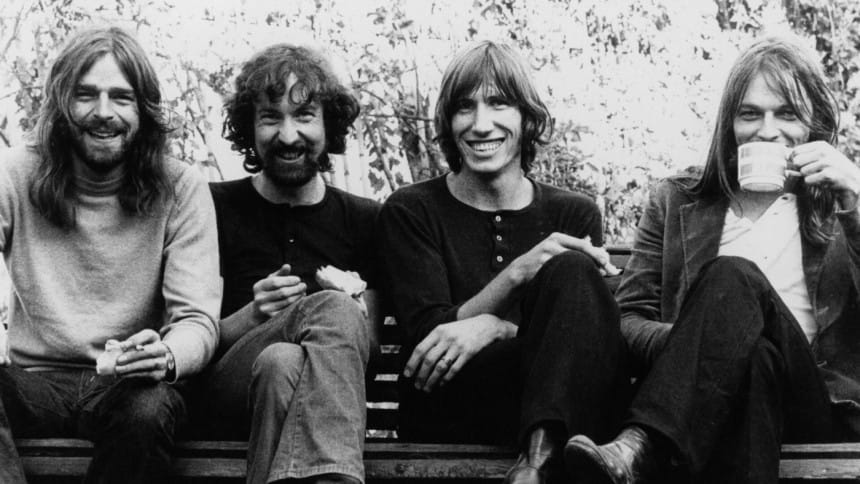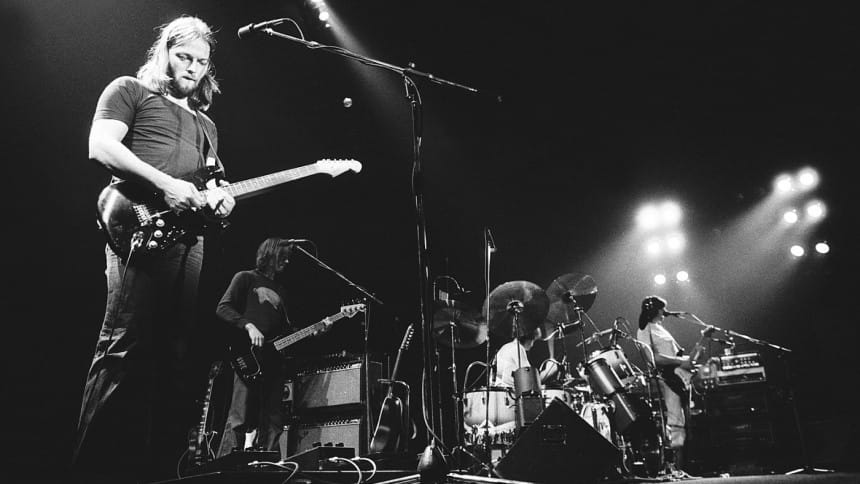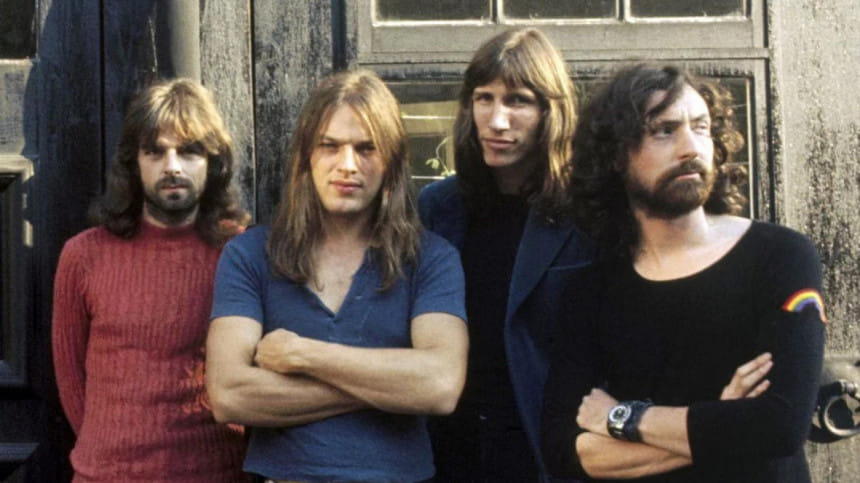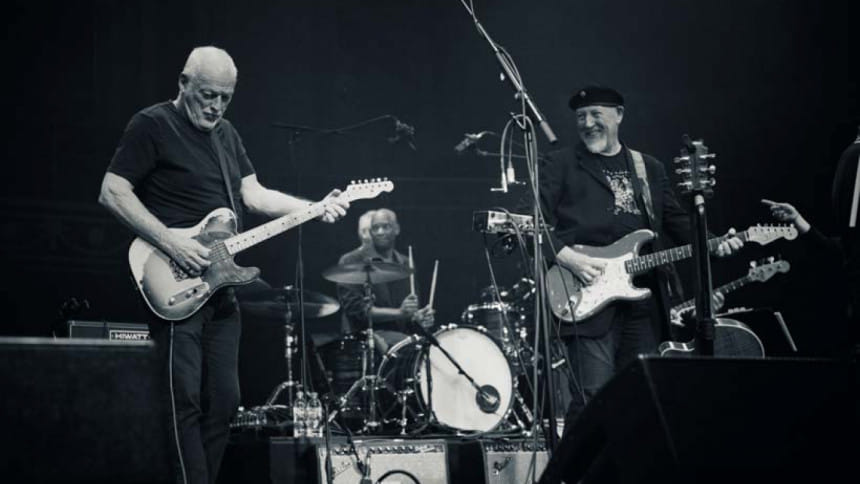Pink Floyd unveils hidden gems in annual 'copyright dump' strategy

As part of an annual tradition, experienced artistes discreetly release unsanctioned-quality recordings in the final days of each year. This practice aims to safeguard their copyrights, driven by a somewhat ambiguous European Union regulation dictating that artistes must officially release sound recordings within 50 years of their creation, following a "use it or lose it" principle. Failure to do so results in the recordings entering the public domain, allowing anyone to legally release them without compensating the creators.
This practice started gaining traction approximately a decade ago when the early recordings of artistes like Bob Dylan, Motown Records, the Beatles, the Rolling Stones, and others reached the 50-year milestone. However, due to the perception that the material might not be robust enough for official release, even as an archival item, these artistes typically conceal them within limited-edition CD compilations or make them briefly available for streaming.

Despite enduring prolonged internal conflicts over the decades, Pink Floyd stands out as one of the most astute artistes in recognising the value of their catalogue. Two years ago, they initiated a strategy to essentially reclaim bootleg recordings of their early career concerts. They achieved this by temporarily posting them on streaming services, thereby officially releasing the material, before subsequently removing them.
While the group officially released nearly all of their 1960s material, irrespective of sound quality, through an extensive boxed set in 2016, the abundance of bootleg recordings from the early 1970s onwards necessitated the "copyright dump" tactic.
Consequently, in late 2021, they released a dozen concerts spanning 1970 through early 1972, and last year they unveiled 18 concerts from 1972. These releases provide a captivating insight into the evolution of "Dark Side of the Moon' as the band essentially refined the album in live performances before recording it.

Approximately a month ago, Pink Floyd adhered to their routine and released another set of 18 concert recordings on streaming services, just before they were about to expire. The releases followed a similar pattern of semi-concealed locations, featuring psychedelic art. For instance, on Spotify, these recordings are strategically placed towards the bottom of the "compilations" section in their catalogue, making them relatively inconspicuous and with titles following an awkward format, such as "Live at the Rainbow Theatre, London, UK (early show) – 4 November 1973."
Most recordings feature 16 songs lasting around two to two and a half hours. The musical performance is generally strong, peaking after the initial dates. However, typical of Pink Floyd concerts, the vocal delivery is uneven and often off-key. While there is some variation in solos and instrumentals, the setlist remains largely consistent throughout the year.

Notably, "Childhood's End" is played only in the initial shows, later replaced by "Set the Controls for the Heart of the Sun." Although not all recordings were analysed in detail, the Vienna concert, titled "Live at Vienna Stadthalle, Austria – 13 October 1973", appears to stand out as the strongest in terms of both sound quality and performance, despite a few tape slurs during "Echoes".
Pink Floyd has issued a high-quality concert recording from their 1974 tour, encompassing the full performance of "Dark Side", albeit with some noticeably off-key singing. It is speculated that more material from this era is being reserved for an upcoming boxed set. The recent releases are probably aimed at devoted fans, and it's noteworthy that the past two releases vanished from streaming services within a few weeks, emphasising their temporary availability. Enthusiasts are advised to take advantage of the current accessibility of these recordings.

 For all latest news, follow The Daily Star's Google News channel.
For all latest news, follow The Daily Star's Google News channel. 







Comments